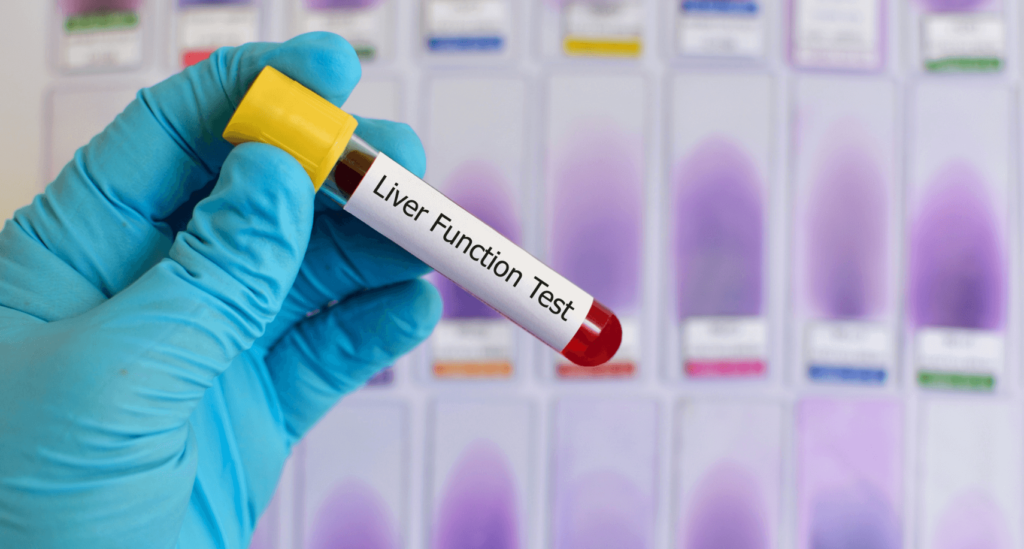One of the most popular tests we provide is our full blood profile and extended full blood profile. You may wonder, why should I have a full blood profile if I am feeling fine? The answer is: for SO many reasons! In this blog post, we break down some of the tests included in the extended full blood profile and explain why it’s so important to keep monitoring them.
The vast majority of serious illnesses can be stopped dead in their tracks with early detection but very few show any symptoms early on. For example, you probably won’t know that you’re creeping towards diabetes until you have it, and definitely won’t have any signs that your cholesterol is putting you at risk of a heart attack or stroke.
A full blood profile is also a really helpful first-point diagnostic tool for a wide range of symptoms such as tiredness and low energy, urinary symptoms, feeling generally unwell and so on.
Full blood count
The full blood profile includes a full blood count which looks at all of the bits and bobs that make up your blood, such as red blood cells, platelets, lymphocytes and white blood cells and more. This is helpful because it can help us look for signs of anaemia, inflammation and infection, as well as more serious diseases such as leukaemia.
Kidney function
We rarely think about our kidneys but good kidney function is vital to good health. Our kidney function profile looks at signs that your kidneys aren’t running at their full potential, indicating the possible need for specialist investigation. It also gives us a good idea of whether you’ve been drinking enough water.
Liver function
The liver is an amazing organ because it can regenerate itself. However, if we don’t know it isn’t at its best, it’s difficult to know whether we need to intervene. Several things can impact our liver’s health – fatty liver, alcohol consumption and hepatitis C, for example.
Our liver function test looks at several markers and liver enzymes that give us a good idea of whether your liver is doing well or whether you need to make lifestyle changes or have additional testing, such as an ultrasound.
Iron profile
You’ll be surprised how many people have low iron and don’t know it. Our profile looks at your serum iron level but also ferritin and other markers to give us a good idea of whether you are dealing with low iron. Ferritin is also a helpful marker for inflammation and other health issues.
Cholesterol profile
Having a pin-prick cholesterol test for most people doesn’t really give you the information you need. The reason for this is that your total cholesterol level is made up of two different cholesterols – low density and high-density lipoprotein. Low-density lipoprotein, or “LDL” cholesterol, is the “bad” cholesterol, that clogs up your arteries and increases your risk of things like heart disease and stroke. High-density lipoprotein or “HDL” is cardioprotective and a high level is a good finding.
So what we would want to see is low LDL and high HDL in an ideal situation.
Our lipid/cholesterol profile also included triglycerides, which also should be at normal levels. Knowing your cholesterol breakdown empowers you to make the lifestyle changes you need early or seek medical management to help prevent serious illness.
Fasting glucose
Elevated fasting glucose is the first clue that you might be diabetic or heading towards type II diabetes. If your glucose test is above normal ranges, you will likely be advised to repeat it and consider an HbA1C test, which is a test that measures your average blood sugar over the last 3 month period. Depending on the outcome of these investigations, you may be diagnosed as “pre-diabetic” or “diabetic”. In both of these situations, but especially if it is caught early in the “pre-diabetes” stage, type II diabetes is reversible, sometimes with dietary and lifestyle changes alone and sometimes with the added benefit of medication. Either way, uncontrolled diabetes if left without treatment and lifestyle changes can result in some very serious conditions and issues, and increases your risk of multiple illnesses. Especially if you have risk factors such as a family history of diabetes, preventative testing is vital.
Thyroid function
Our extended full blood profile also includes a thyroid function screen that tests for T3, T4 and TSH. Tired without reason? Losing or gaining weight without reason? It could be your thyroid.
Thyroid dysfunction can begin at any time of life. Just because you had a normal thyroid as a child or young person, does not mean that has not changed later in life. It’s always worth checking your thyroid is doing what it needs to do.
Vitamin D level
The most common finding in our extended full blood profile is low vitamin D. Living in a cold climate means that especially over the autumn and winter months, our vitamin D level can plummet. Vitamin D is connected to so many conditions from MS to chronic fatigue to fibromyalgia. In many people, low vitamin D presents as tiredness and low energy, aches and pains. It’s easily sorted with a prescribed or over the counter supplement (depending on your level).
It is really simple to book yourself in for a full blood profile or extended full blood profile with us. Just click on the online booking button or call us. Our friendly team is here to answer your questions and help you take this important step towards your health and wellbeing.


















